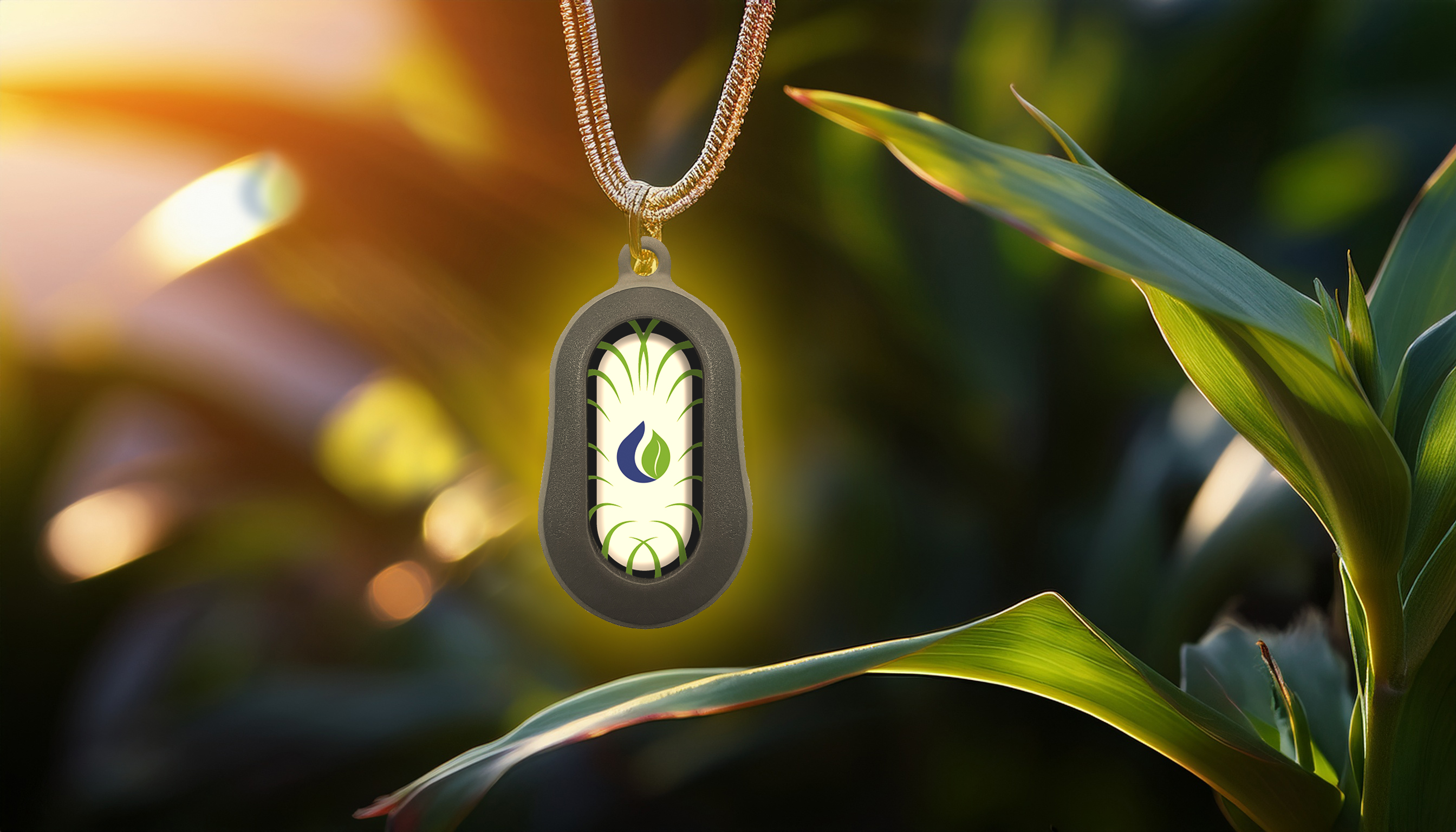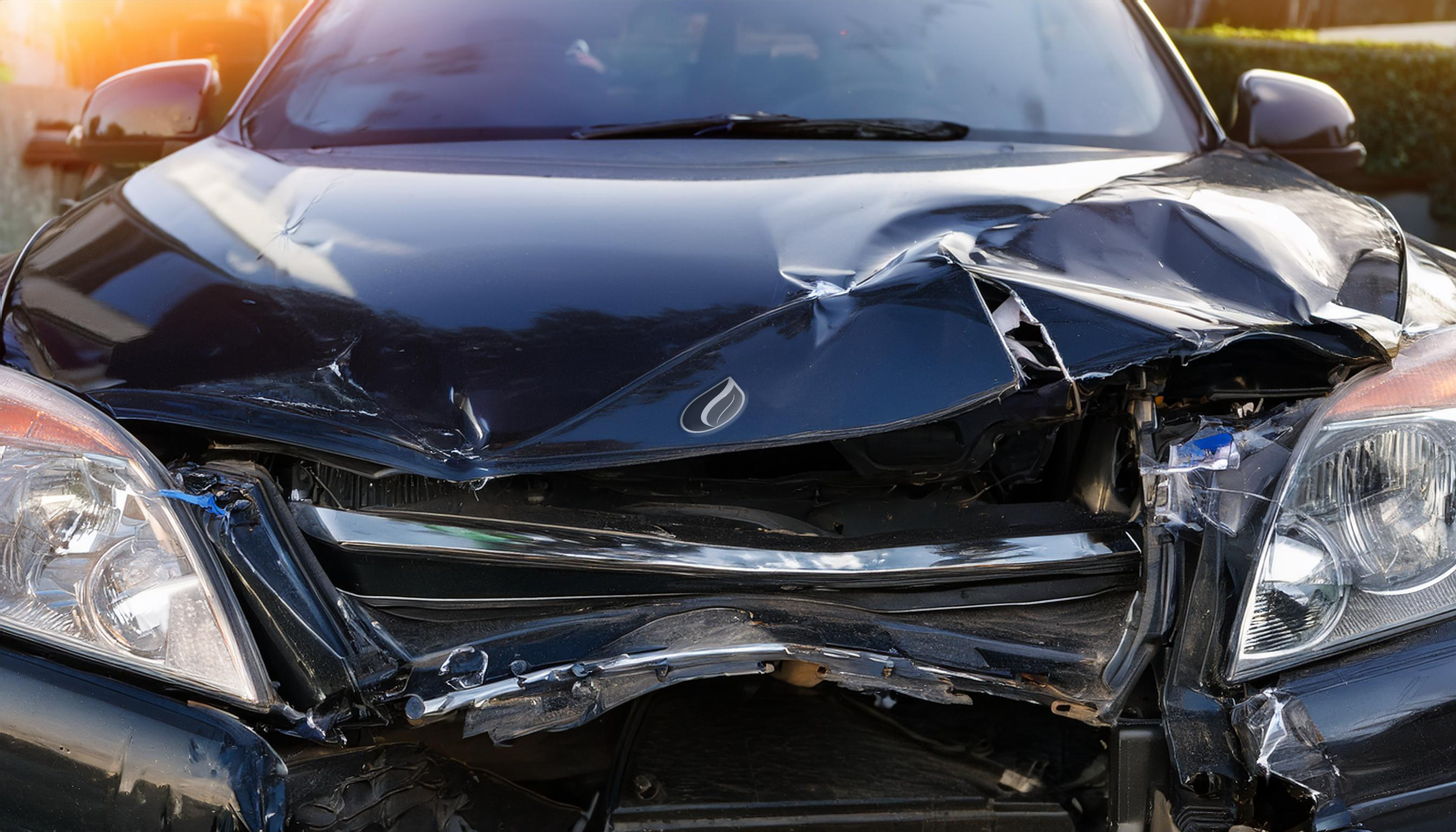Hematite is not just any stone. Known for its deep, metallic luster and grounding properties, this powerful crystal has been used for centuries for protection and balance. But did you know that hematite is not only of value in spiritual practice? It is also used in modern technology, such as the Lifefield Polarizers Pro and the Personal Polarizer Pro from Meditech Europe. Want to discover how hematite can support your energy field? Read on and discover the power of this special crystal and its applications in today's world!
What is hematite?
Hematite is a powerful grounding and protective crystal that is directly connected to the energy of the earth. This mineral, with its distinctive metallic luster and deep gray to blackish color, consists of iron oxide and is one of the most important iron ore types in the world. The name hematite is derived from the Greek word haima, meaning “blood”-a reference to the reddish-brown color that appears when the crystal is pul














